History of e
If asked the question “Who discovered e?” What would you answer?
Most people answer Leonhard Euler, but while Euler played an important role in the discovery of e, it was not Euler who was the first to happen upon this irrational number.
The first interaction with e occurred during the discovery and invention of logarithms.
There is some dispute as to who first worked with logarithms. The first mathematician to publish his work on
logarithms was John Napier in 1614(Calinger,1999,p.485) However independently of Napier in Switzerland, very similar ideas were
being pursed in Switzerland by Jobst Burgi(Boyer,1989,p.351). Despite who was the first to work with logarithms both mathematicians work
led to close interaction with e long before Euler. In fact in Great Britain e is referred to as Napier’s Constant(Shell-Gellasch)
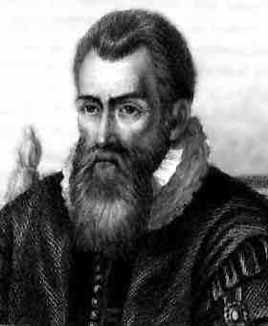
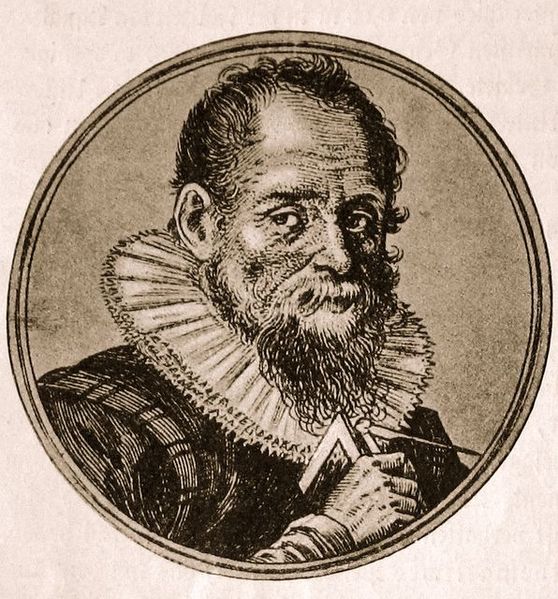
Other than Euler some other mathematicians who knew of e existence before Euler were Gottfried Wilhelm Leibniz, Christiaan Huygens, and Jakob Bernoulli.
In 1690 Jakob Bernoulli presented a prize problem to several mathematicians about determining the catenary.
In correspondences between Huygens and Leibniz it is evident that they knew of the existence of e referring to it as the base constant, 2.7182……(Shell-Gellasch)

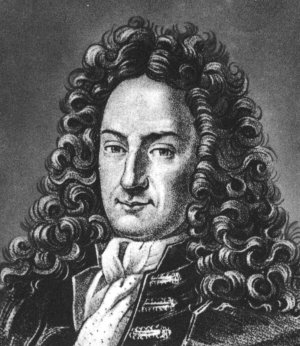
It was Jakob Bernoulli, in 1698, who gave us one of our definitions of e during his investigation of limits.
He discovered the link between continuous compound interest and the limit of (1+(1/n))^n as n goes to infinity.

Roger Cotes also contributed in the discovery of e. Like Euler he was interested in the link between exponentials and trigonometry,
he discovered the formula ix = log(cos x + i sin x), similar to Euler’s formula eix = cos x + i sin x ,and was the first mathematician to write out the numerical approximation of the series expansion.
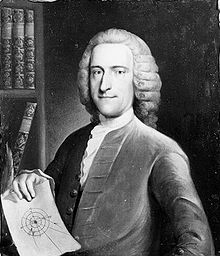
Last but not least we have Leohenard Euler and his contribution to e. It was Euler that named e, and while some may
speculate that he named the irrational numbere after himself, this is likely not the case. More probable explanations include that he named it
e due to its importance in the use of exponentials, or that he simply named it e because the letters before e in the alphabet were already in use.
It was also Euler who presented the first proof of e’s irrationality in 1737.(Burton)
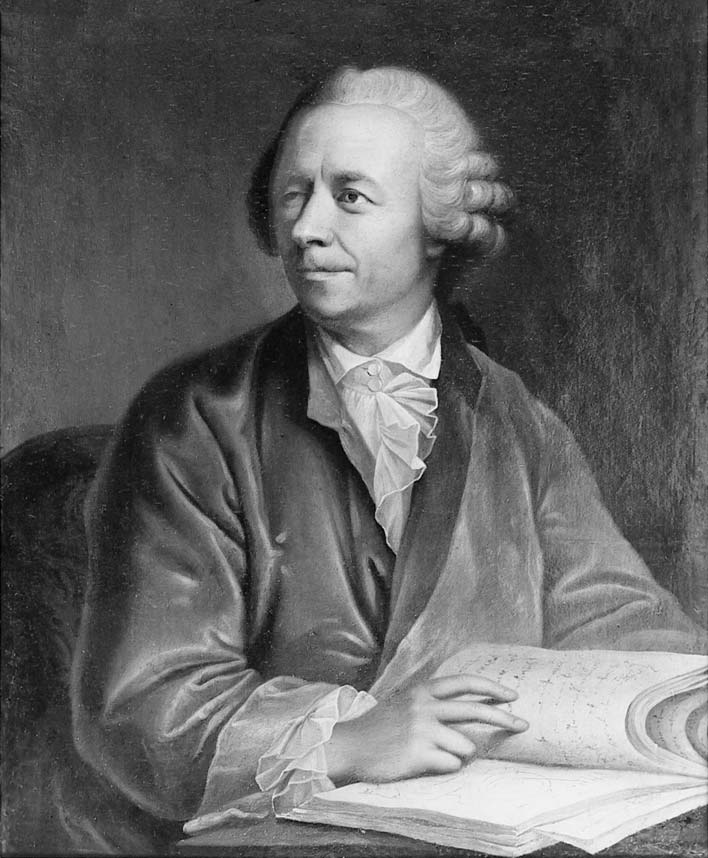
And thus came the existence of e into the world.








